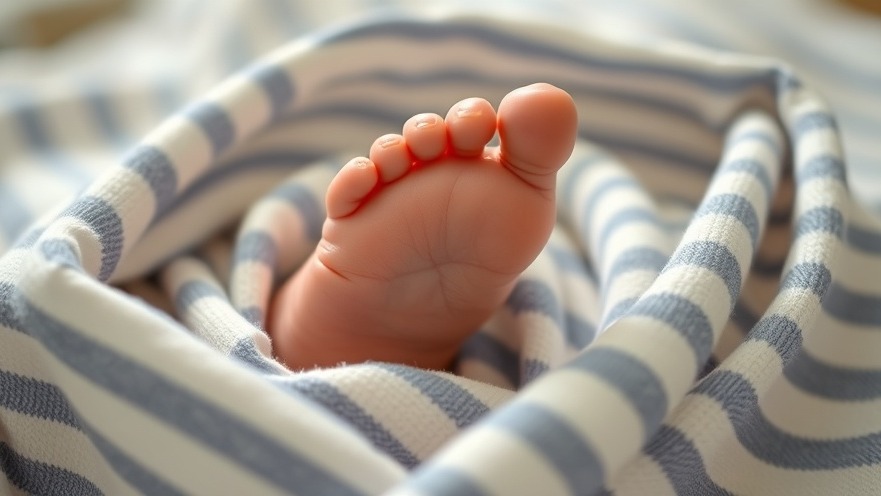
Understanding Fertility Trends in the U.S.
The recent data revealing that the U.S. fertility rate has hit a record low of less than 1.6 children per woman in 2024 raises important questions about the future of American families. Historically, a fertility rate of approximately 2.1 is required to maintain a stable population, meaning the current trend places us below the threshold necessary for population replacement. This decline has been ongoing for almost two decades, often attributed to women choosing to delay childbirth as they prioritize educational and career opportunities.
Historical Context: The Changing American Family
To understand the current fertility situation, we can look back to the early 1960s when America experienced a booming birth rate of around 3.5 children per woman. After the Baby Boom, rates started to show a downward trend, hitting around 1.7 in the late 1970s. This shift mirrored societal changes, including increased access to education and changing views on family planning. By 2007, the rate momentarily climbed back to 2.1, reflecting a brief resurgence. However, since then, we’ve seen a consistent decline, reaching 1.599 in 2024, as reported by the CDC.
Why Are Fertility Rates Falling?
Experts suggest that fertility rates are decreasing primarily because women are choosing to have children later in life, or sometimes opting not to have children at all. Changes in economic factors, such as housing costs and child care expenses, have also contributed to the decision-making process for couples. Moreover, societal perceptions about parenthood and professional aspirations have shifted greatly, leading to these lower rates.
The Implications for Society and Future Generations
So, what does this mean for the future? Leslie Root from the University of Colorado Boulder urges caution against viewing these numbers as alarmingly negative. She argues that we are experiencing a period of fertility delay rather than an irreversible decline. The U.S. population continues to grow due to natural increases, where births still outnumber deaths. This growth is vital for sustaining economic vitality.
Counterarguments and Diverse Perspectives
While some officials have proposed measures such as “baby bonuses” and expanded in vitro fertilization access to spur birth rates, it’s worth examining the potential stressors that come from pushing families to bear more children. Many individuals, especially seniors, may see this issue through the lens of their own experiences in raising families or caring for their grandchildren. Programs that support families holistically, rather than just incentivizing childbirth, could foster a better environment for the next generation.
Practical Insights for Aspiring Parents in Louisiana
For those in Louisiana contemplating parenthood, it's crucial to approach this decision thoughtfully. Consideration of financial stability, emotional preparedness, and familial support systems is paramount. Engaging in community resources and discussions with healthcare providers about family planning options can provide clarity and support. Making informed choices can ease some of the anxiety surrounding having children in today’s economic climate.
How to Support New Families in Your Community
Local seniors can play a vital role in supporting new families. Whether through offering babysitting services, sharing valuable life experiences, or simply being present to help with emotional support, every little bit helps. Community involvement not only enriches the lives of new parents but also strengthens the fabric of the community as a whole.
Concluding Thoughts: The Value of Community and Family Planning
Understanding these trends in fertility can cultivate deeper conversations about family planning in Louisiana and beyond. While statistics may paint a concerning picture, the real story lies in the choices people are making based on their own lives, needs, and aspirations. Whether you are a grandparent, parent, or considering starting a family, it's essential to engage in honest discussions about our collective future. If you feel moved to support families in your community, think about how you can contribute. Every action helps pave the way for future generations.
 Add Row
Add Row  Add
Add 



Write A Comment